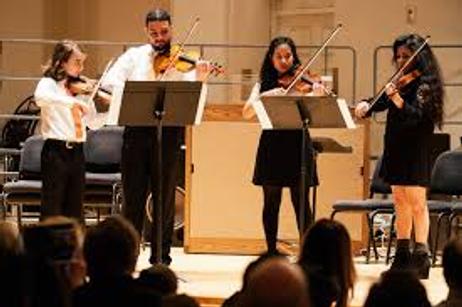While a wide array of community colleges across the country offer traditional music programs in musical practice, theory, and study, many new community college programs are offering more unique and specialized musical education courses. Today, students can enroll in programs to study historically-informed instruments, or they can even enroll in courses that teach students how to become employed in the field of music management and production.
Edmonds Community College offers a thorough and diverse array of music-oriented courses. Together, the Music Department of ECC established clear instruction goals, which include: “Giving students a solid foundation all facets of music, providing a range of performance and creative opportunities, offering diverse music theory and digital music courses, creating a dynamic, rich learning environment for students to pursue their passion for music and performing.”
To guide students towards achieving and engaging in these goals, ECC provides a variety of performance opportunities and events. Most notably, ECC fosters positive programs for musical enrichment through organizations such as the symphonic choir, the jazz band and choir, and the jazz workshop. These groups, along with many others, serve to enhance student learning and performance experiences.
Adding to these support systems, ECC’s Music Department also provides students with specialized acoustic fixtures in their music classrooms, various practice pianos and state of the art recording gear, in addition to ECC’s state of the art recording studio with a digital interface that students can interact with through hands-on opportunities.
Virginia Highlands Community College
While





















